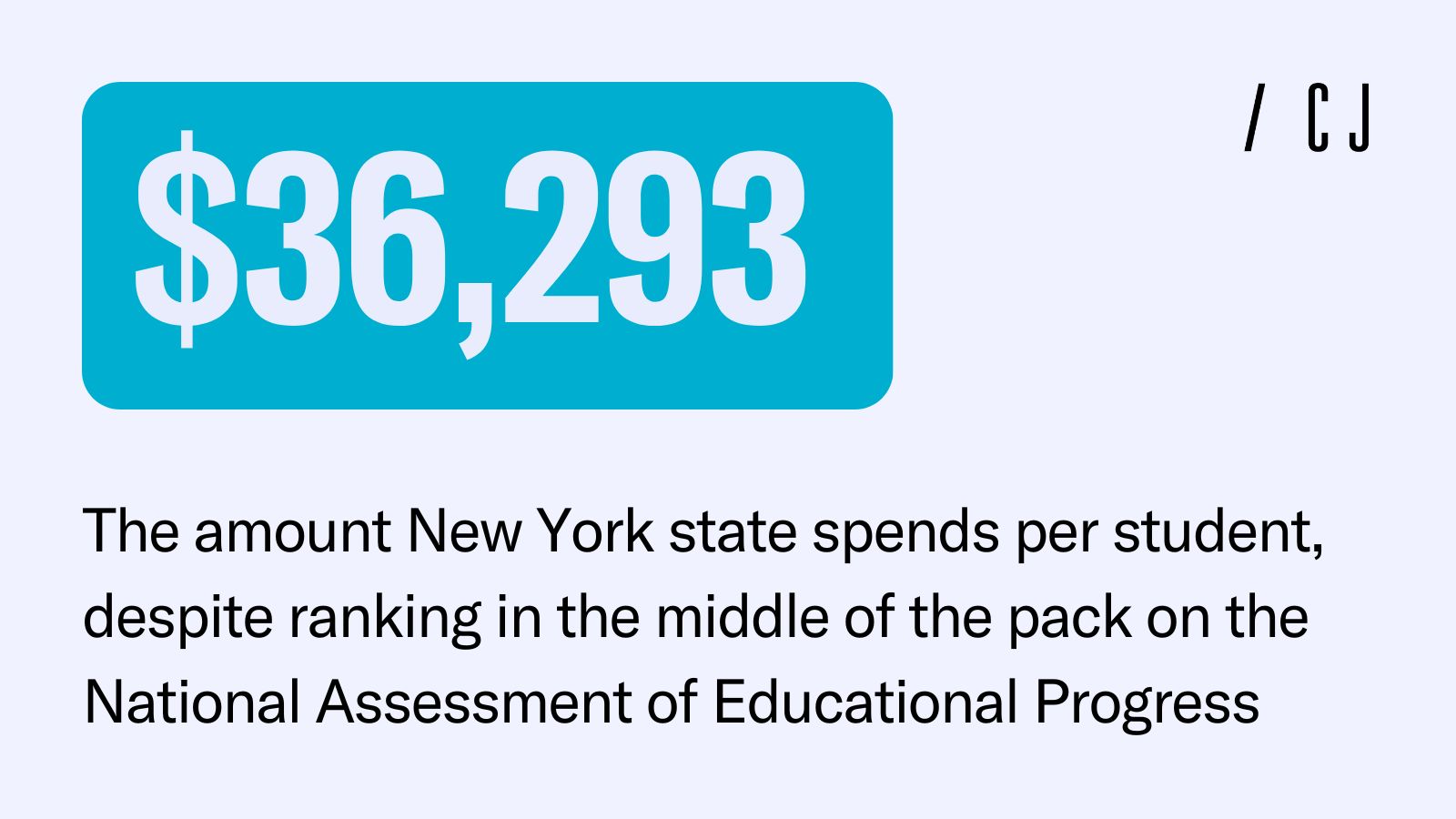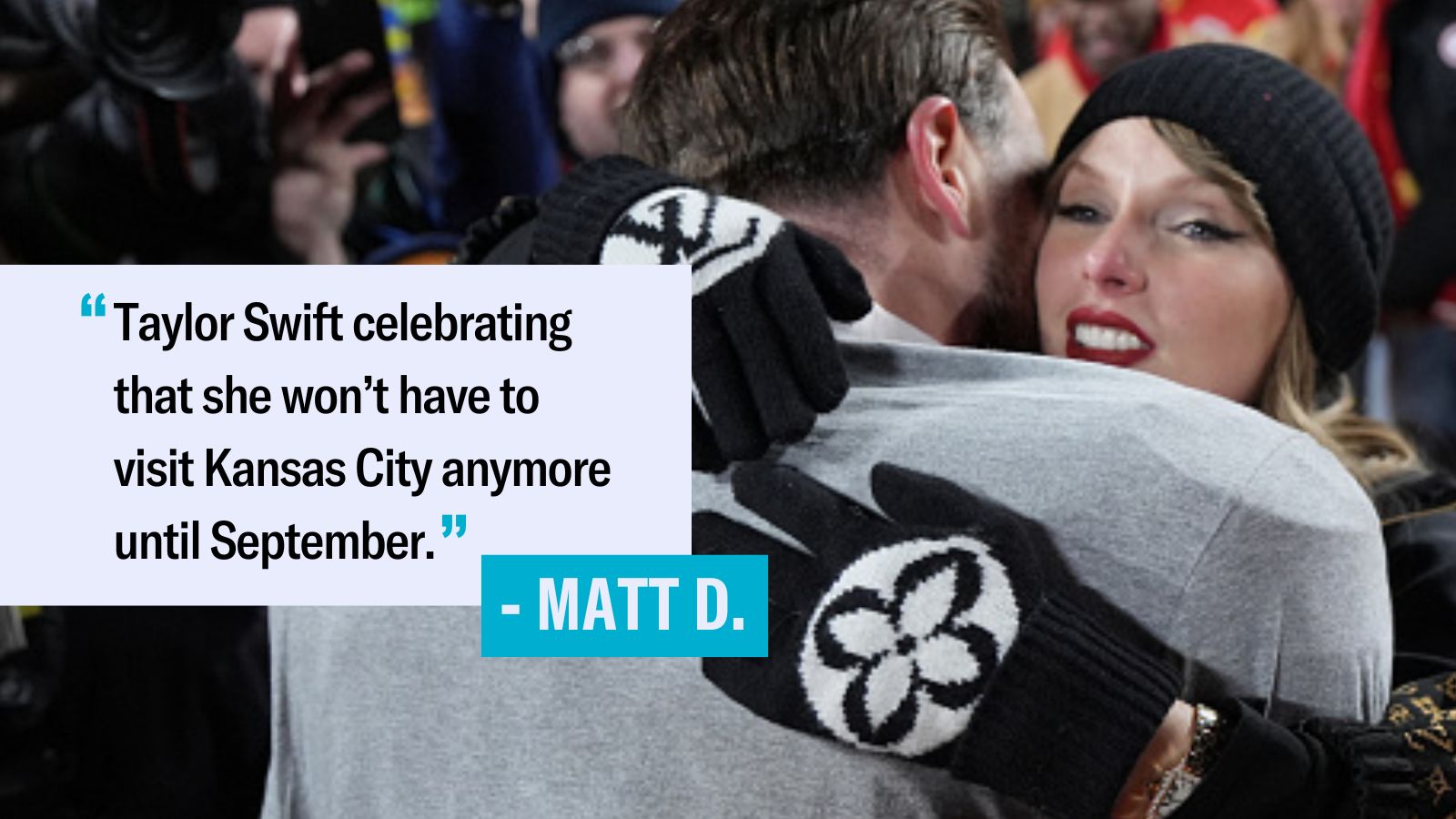|
Forwarded this email? Sign up for free to have it sent directly to your inbox. |
|
|
Good morning,
Today, we’re looking at political bias in AI, lessons from a Florida railroad, and how soft-on-crime policies enable anti-Semitic criminal behavior. Write to us at editors@city-journal.org with questions or comments. |
|
|
Remember when Google’s Gemini chatbot refused to produce images of white people last year? Ask it for a depiction of a Founding Father and you’d get a Native American. A Nazi? Someone who is black or Asian.
It’s just one of the many examples that illustrate how bias in artificial intelligence (AI) can go horribly awry. That goes for political bias, too, which research shows is alive and well in AI systems. (In case there was any doubt: yes, they lean left.)
Indeed, David Rozado, associate professor at Otago Polytechnic in New Zealand, researches AI bias and has found that chatbots “are more likely to use terminology favored by Democratic lawmakers, propose left-leaning policy solutions, and use more favorable language when discussing left-leaning public figures compared with their counterparts on the right.”
Rozado has some suggestions for the Trump administration, which last week announced a massive private-sector investment to strengthen AI infrastructure. Addressing political bias should be a big piece of that initiative, he argues. Read his proposal here. |
|
|
| Guidelines for fostering fair-minded AI models without stifling innovation or free expression |
|
|
Florida’s Brightline railway is the only privately owned and operated intercity passenger railroad. But it shouldn’t be, writes Jon Hartley, senior fellow at the Foundation for Research on Equal Opportunity. It’s a fully functional, modern rail system that offers departures every hour, streamlined security, and restaurants and grocery stores at its stations.
The California High-Speed Rail Authority, meanwhile, shows just how inefficient government-run endeavors can be. The project began around the same time as Brightline and has spent $11.2 billion over an eight-year period, with just 119 miles of construction to show for it.
“As the United States grapples with infrastructure challenges amid the chronic obstacle of public-sector inefficiency, Brightline might just offer a model for moving forward,” Hartley writes. |
|
|
The New York Police Department’s 2024 hate crime data was released earlier this month, and the results are alarming, to say the least. While prejudice-driven crimes declined overall, anti-Jewish crimes saw a seven-percentage-point increase compared with 2023. “It’s no wonder that Jewish life in America is migrating away from the five boroughs and toward the friendlier climes of South Florida,” writes Tal Fortgang, legal policy fellow at the Manhattan Institute. Read why he thinks stopping anti-Semitism will require a tougher crackdown on crime.
|
|
|
/ Caption Contest *WINNER* |
Congratulations to our first caption contest winner, Matt D. Stay tuned for Monday’s newsletter to participate in our next caption contest. |
|
|
A quarterly magazine of urban affairs, published by the Manhattan Institute, edited by Brian C. Anderson. |
|
|
Copyright © 2025 Manhattan Institute, All rights reserved. |
|
|
|






